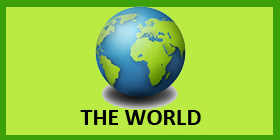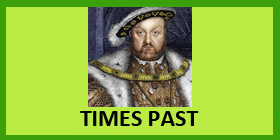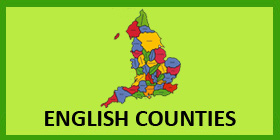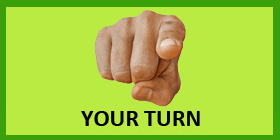




Back to the archives home page

October 2017
IS I TOLD YOU SO AN ARROGANT VIEW?
I've been a bit quiet on the education front recently. In fact I note that this is only my second post this year. I think one of the reasons is I have been too busy doing my own thing for education, or education as I believe it should be and secondly I think I have lost heart with those who have control over the way the next generation learn.
But, all is not lost. The head of Ofsted, Amanda Spielman, said this week that schools in England are focusing on tests and exams rather than giving pupils a good grounding in a wide range of subjects. She feels that the focus on GCSEs and Sats is at the expense of a rich and full knowledge.
Now, without saying “I told you so”, I would refer you to many of my previous posts and you will see I have been saying that for many years. In other words “I was telling you so”. Ms Spielman even went a bit further and added that good exam results do not always mean children have received the subject knowledge they need.
We should, in school education, be training young people for their future lives. Passing a test, an exam or even gaining a degree does not mean you can cope with that life. In fact you may be led to believe that because you have such qualifications you can and that is where we have a problem. I have, over the last 7 or so years, had contact with quite a few young people who have the qualification, have passed the test, but have no imagination and no ability to take things further.
Teaching to a test, to an exam, even less so to a rigid curriculum, does not allow the ability of the learner to think creatively. There is nothing creative about being able to repeat what you have been told. Regurgitation in not a skill. You will know, if you have read any previous epistle, that I do not believe in teaching as an entity. In some instances, at some stages, it is both essential and advisable. But the real skill of helping children to have more knowledge is to create an environment where they enjoy learning, an atmosphere where that learning can be done and an ethos where, for the rest of their lives, learning becomes infectious.
Learners who have a restricted choice of subjects are, by definition, restricted in what they can learn and that can affect them way into the future. If, in a school, football is the only sport available, anyone who is no good at football will come to think they are no good at sport. The same applies to academic subjects and, as such, learners will begin to believe they are inferior. Find what a child is good at and nurture it and then, as the facilitator of learning, develop it.
All those years ago when I was working with the very first Youth Opportunity youngsters I found a young man who claimed he was no good at maths. School had shown this he said. A bit later he told me his hobby was darts. Thirty minutes later he believed he was good at maths after all. He could out-think me as to which double was needed to finish from any score. No, his maths hadn't got better but his belief had. Instead of giving up because he was hopeless, he began to try because he thought he could. Simple really.
Returning to Ms Spielman she said it was very easy for schools to focus on the performance of the school, the test results, the league tables and to forget about the pupil. She even admitted that inspections by her organisation may have helped to create this in-balance in the past.
I would then suggest that we now forget about league tables based on exam and test results (been suggesting this for some time too) and just let schools help our young people gain more knowledge and enjoy learning. Teaching to a test really only gives the learner a mass of information and information on its own is useless. It is knowing what to do with that information that turns it into knowledge and, once you have that knowledge, it is using your imagination to create something new or different that is truly an achievement. Einstein believed that "Imagination is more important than knowledge. Knowledge is limited. Imagination encircles the world.”and added "The true sign of intelligence is not knowledge but imagination." He also said that “It is the supreme art of the teacher to awaken joy in creative expression and knowledge" and somehow failed to add, not to get their pupils through an exam.

